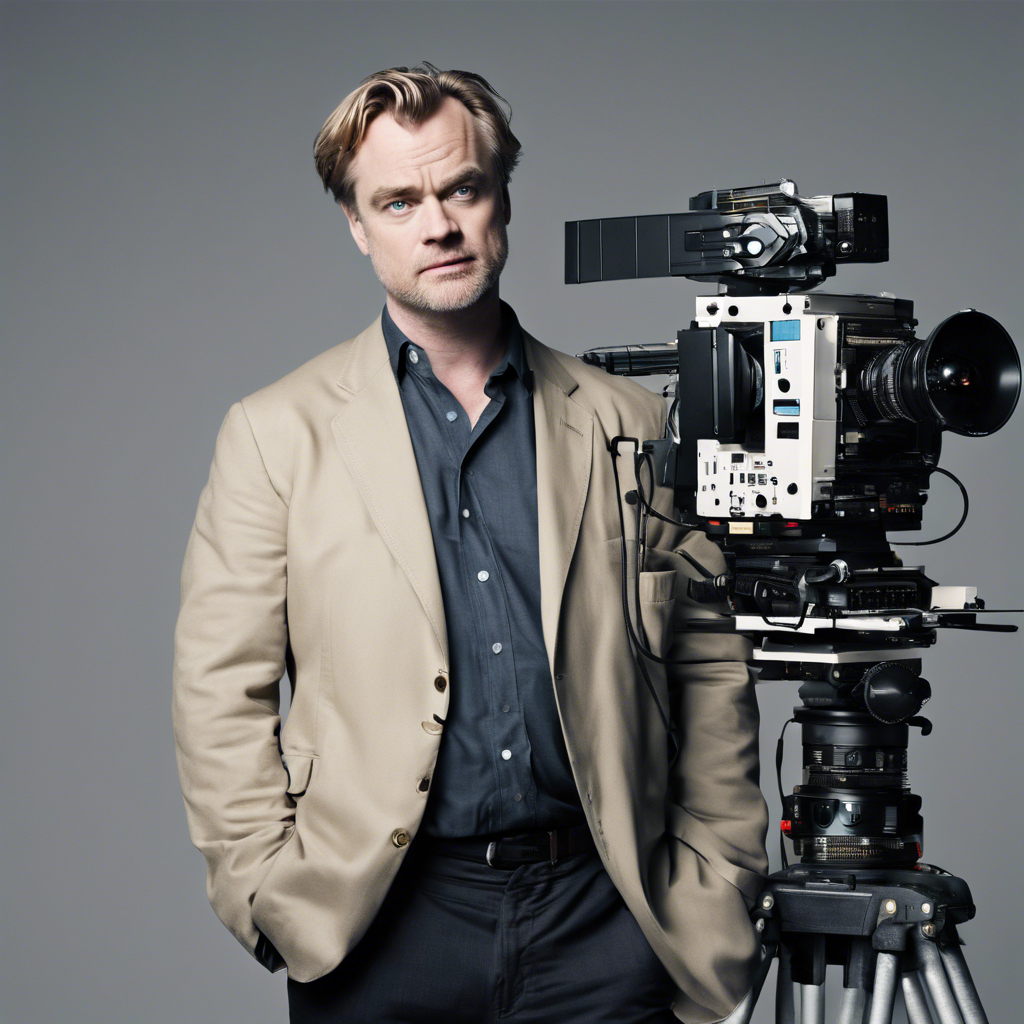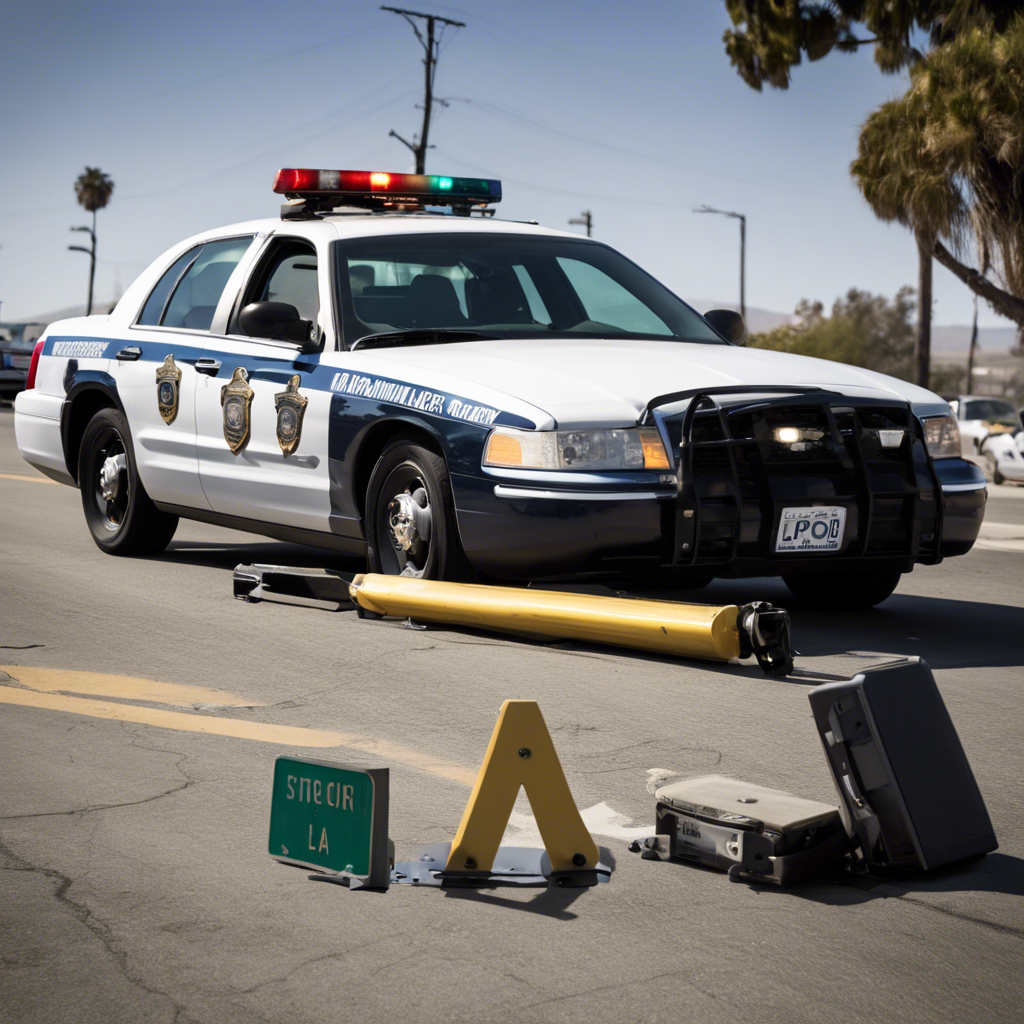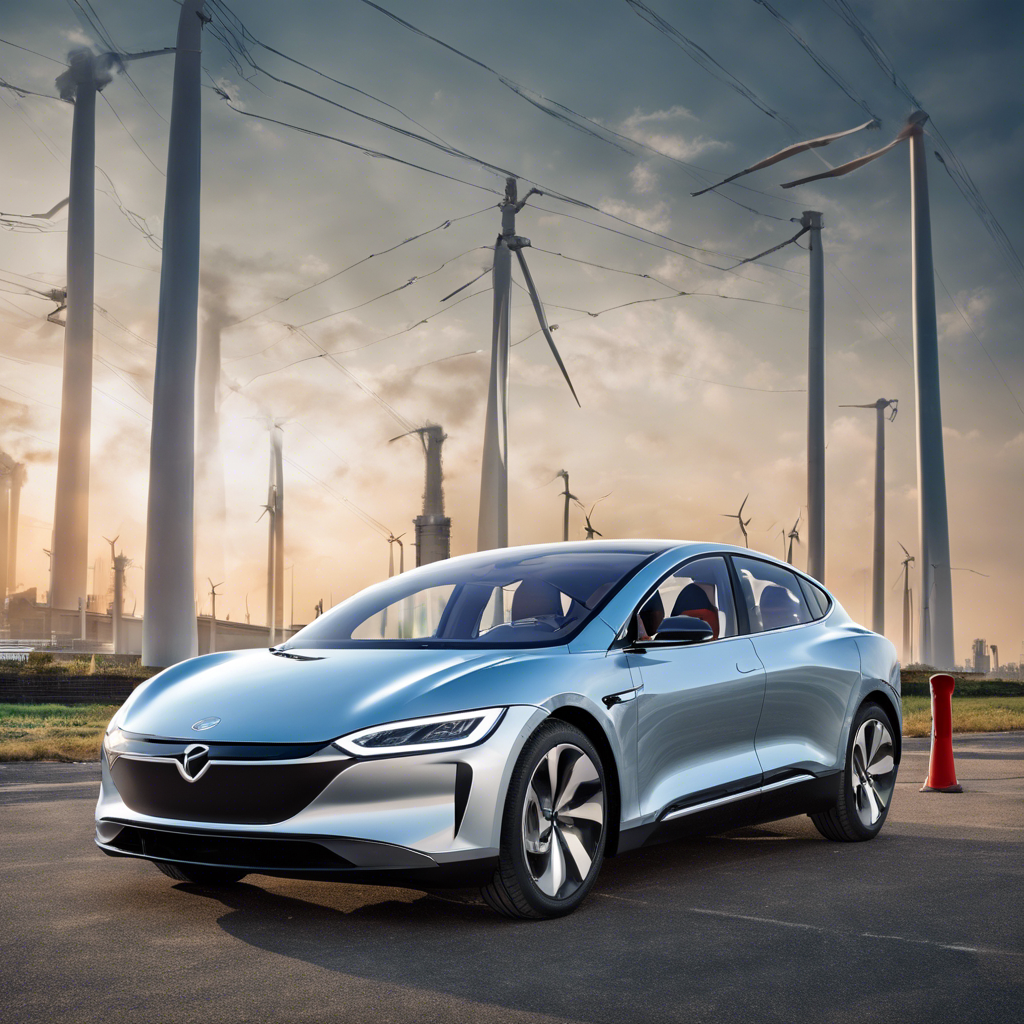Christopher Nolan on Technology, Conflict, and the Power of Film

In an exclusive interview, acclaimed filmmaker Christopher Nolan discusses his fascination with technology, its impact on society, and the ethical dilemmas it presents, as seen through his diverse filmography.
Christopher Nolan, the renowned filmmaker behind blockbusters like “The Dark Knight” trilogy and “Inception,” has long been captivated by the intersection of technology and human experience. In a recent interview, Nolan delves into the themes of technology, conflict, and the power of storytelling that thread through his films. From exploring the ethical implications of surveillance in “The Dark Knight” to delving into the depths of the human mind in “Inception,” Nolan’s work offers a thought-provoking reflection on the promises and perils of technology.
Technological Conflict as Inherent Drama
Nolan believes that the conflict many people feel about technology is inherently dramatic. Drawing inspiration from science fiction, he explores the potential trajectories of technological, sociological, and economic trends. In “The Dark Knight” trilogy, Nolan uses Gotham City as a metaphorical exaggeration of contemporary American society, showcasing the dramatic elements of surveillance and the power of cellphones. The filmmaker’s ability to anticipate societal shifts is evident in the film’s portrayal of cellphone surveillance, which has become a reality today.
Nikola Tesla and Robert Oppenheimer: Similarities in Ethical Dilemmas
Nolan draws parallels between Nikola Tesla and Robert Oppenheimer, the subjects of his films “The Prestige” and his upcoming project “Oppenheimer,” respectively. Both Tesla and Oppenheimer grappled with the ethical implications of their inventions. Tesla, controversially credited with the concept of mutually assured destruction, envisioned a weapon that could end war. Similarly, Oppenheimer believed that the true understanding of the atomic bomb would only come through its use. Nolan highlights their brilliant but morally complex perspectives, emphasizing the strange places their abstracted philosophies led them.
Inception and the Evolution of Digital Worlds
“Inception” explores the consequences of a dream-sharing technology that immerses individuals in their own created realities. Nolan reveals that the film was influenced by the rise of smartphones and the transformation of reality as people began to view the world differently. The branching mechanisms of the iPod, with its ability to delve deeper into different catalogs, inspired the inward-looking structure of the film. Nolan’s work often reflects the evolving relationship between technology and human perception.
The Evolution of Technological Stakes in Nolan’s Films
Nolan’s films have evolved from exploring the personal consequences of technology to examining its impact on a larger scale. While “The Prestige” and “Inception” primarily focus on personal spheres, films like the Batman trilogy, “Tenet,” and “Oppenheimer” delve into the potential consequences of technological misuse on a massive scale, affecting millions of lives. Nolan believes that each story demands a specific scale to effectively convey its message, whether it be infinities within infinities or global implications.
Interstellar: A Celebration of Technological Ambition
“Interstellar” stands out in Nolan’s filmography as a celebration of technological ambition and the exploratory spirit. The film’s protagonist, Cooper, embodies a nostalgic longing for the Apollo missions and believes that humanity has turned away from the stars. Nolan explains that the film aims to convey the idea that society has undervalued the spirit of exploration. While “Interstellar” celebrates technology and science, it coexists alongside other films in Nolan’s repertoire, which explore the ethical dilemmas of technological advancements.
The Realism of Technology in Nolan’s Films
Nolan’s commitment to realism is evident in his approach to portraying technology in his films. For the Trinity atomic-bomb test scene in “Oppenheimer,” Nolan opted for realism, using practical effects to capture the hypnotic beauty and massive threat of the event. He believes that only tangible, photographed elements can evoke the desired resonance. Nolan’s dedication to realism extends to his use of music, treating it as a diegetic sound to enhance emotional impact.
The Absence of an AI-Centric Film in Nolan’s Repertoire
Despite his interest in technology and consciousness, Nolan has not yet made a film centered explicitly on artificial intelligence (AI). He acknowledges his brother’s work on shows like “Westworld” and “Person of Interest,” which delve into AI and data security. Nolan also cites “2001: A Space Odyssey” as a seminal exploration of AI. While AI remains an intriguing subject, Nolan’s focus on storytelling and his admiration for existing works on the topic have yet to lead him to create a film centered solely on AI.
Conclusion:
Christopher Nolan’s films offer a captivating exploration of technology’s impact on society and the ethical dilemmas it poses. From surveillance and dream-sharing to global consequences and technological ambition, Nolan weaves intricate narratives that challenge our understanding of the world. As he continues to push the boundaries of storytelling, audiences eagerly anticipate his future projects, eager to see how he will tackle the ever-evolving landscape of technology in his unique and thought-provoking style.










